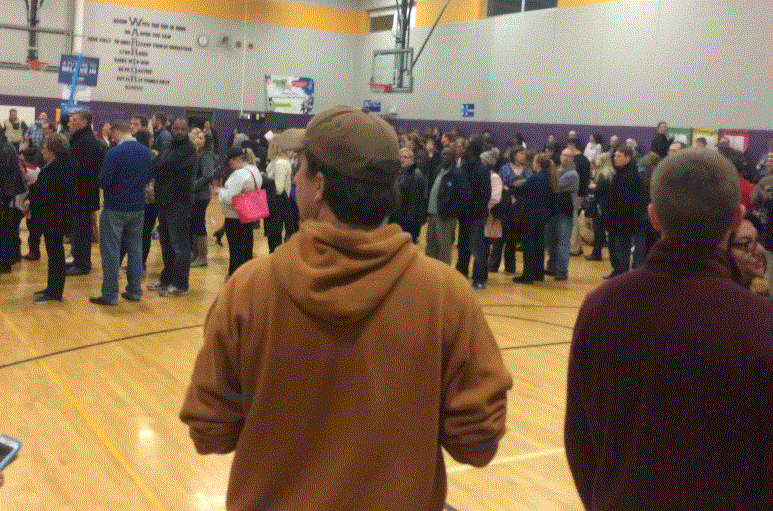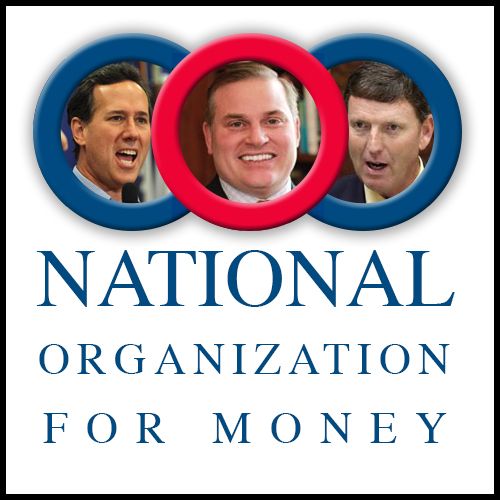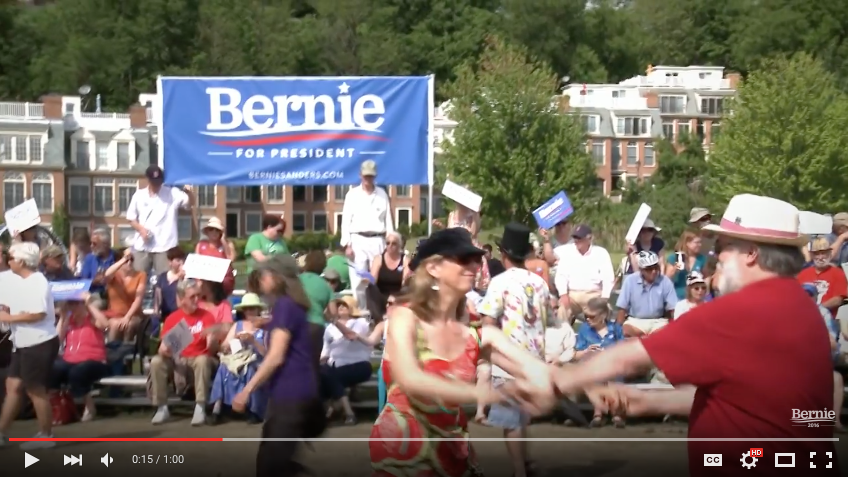I will update this post throughout the evening. As of 9 pm, 75 percent of Democratic precincts have reported, and Hillary Clinton narrowly leads Bernie Sanders by 50.4 percent to 48.9 percent of state delegate equivalents. Martin O’Malley won less than 1 percent of the state delegate equivalents and is reportedly dropping out of the race. UPDATE: with 81 percent of precincts reporting (but not including some Iowa City and Cedar Rapids precincts), Clinton is barely ahead by 50.2 percent to 49.1 percent. Turnout seems to be considerably higher than I expected, which explains how well Sanders is doing. He could pull ahead to Clinton if she doesn’t have good counties and precincts outstanding.
The Republican race is too close to call between Ted Cruz and Donald Trump, with about 75 percent of the votes counted. Marco Rubio is in third place. I noticed that Bret Hayworth of the Sioux City Journal predicted a Cruz win, as did I. On the Republican side, only Cruz was running a traditional ground game. Supposedly the Trump campaign hired out its phone banking, and I never heard much about door-knocking on his behalf.
What happened in your precinct? Share your stories in the comments. I’ve posted what happened in Windsor Heights 2 below.
9:30 UPDATE: Television networks are calling the GOP race for Cruz. Mike Huckabee is dropping out of the race; he outperformed his polling numbers but is still way behind the leaders at around 7 percent.
9:45 UPDATE: With 88 percent of Democratic precincts reporting, Clinton is ahead by only 49.9 percent to 49.5 percent. Sanders could pull ahead.
10:30 UPDATE: Clinton is speaking now, which surprises me, because she’s only ahead by 50.1 percent to 49.4 percent with 93 percent of precincts reporting. For some reason, the Iowa Democratic Party’s website is showing my own precinct (Windsor Heights 2) as not yet reporting. We were done by around 8:30.
11:20 UPDATE: With 95 percent of precincts reporting, Clinton’s lead is down to 49.8 percent to 49.6 percent. A bunch of Polk County precincts are still outstanding, including mine. At least six precincts around the state had one delegate awarded by a coin flip.
12:00 am UPDATE: Steve Kornacki and Rachel Maddow got the coin flip story badly wrong on MSNBC, claiming the coin flips (all won by Clinton in the various precincts) accounted for Clinton’s statewide lead over Sanders. No. The coin flips resolve who would get the last remaining county delegate from a precinct. Clinton is ahead by a handful of state delegate equivalents.
12:50 am UPDATE: With 99 percent of precincts reporting, Clinton leads by 49.9 percent to 49.6 percent. Just twelve precincts have not reported.
2 am: Make that ten precincts outstanding. I want to hear from Democrats who caucused in Des Moines precinct 43 at Roosevelt High School. There seems to have been some confusion about the count, and Sanders supporters online are accusing the precinct chair and the Clinton precinct captain of “fraud,” based on this video. It’s not unusual for there to be some confusion or people missed during the count. We had to count our Clinton group twice last night.
2:30 am: The Iowa Democratic Party released a statement a few minutes ago, which I’ve enclosed below. According to the party, statewide turnout was 171,109, much higher than I expected but nearly 70,000 below the record turnout of 2008. The party says “Clinton has been awarded 699.57 state delegate equivalents, Bernie Sanders has been awarded 695.49 state delegate equivalents, Martin O’Malley has been awarded 7.68 state delegate equivalents and uncommitted has been awarded .46 state delegate equivalents. We still have outstanding results in one precinct (Des Moines—42), which is worth 2.28 state delegate equivalents.”
The outstanding precinct (Des Moines 42) is on the west side, bordering Windsor Heights. There is no clear trend in the six neighboring precincts, with Sanders and Clinton winning two each and the other two ending in a delegate tie.
With all the excitement on the Democratic side, I forgot to update the Republican results. They are after the jump. The GOP turnout of more than 180,000 was about 50 percent higher than their previous record turnout in 2012.
Continue Reading...








